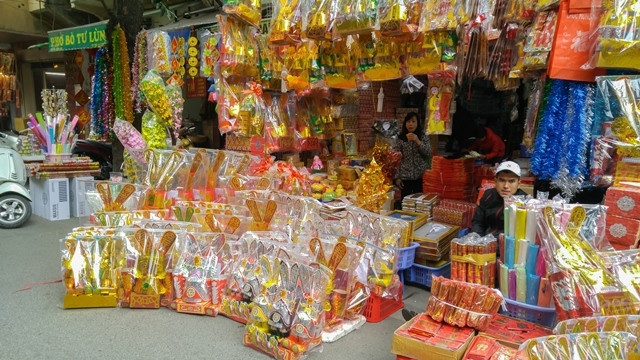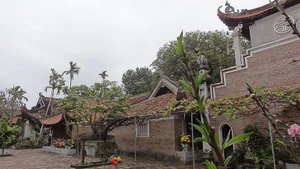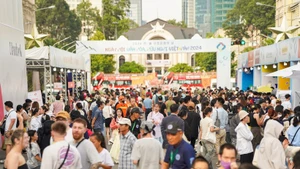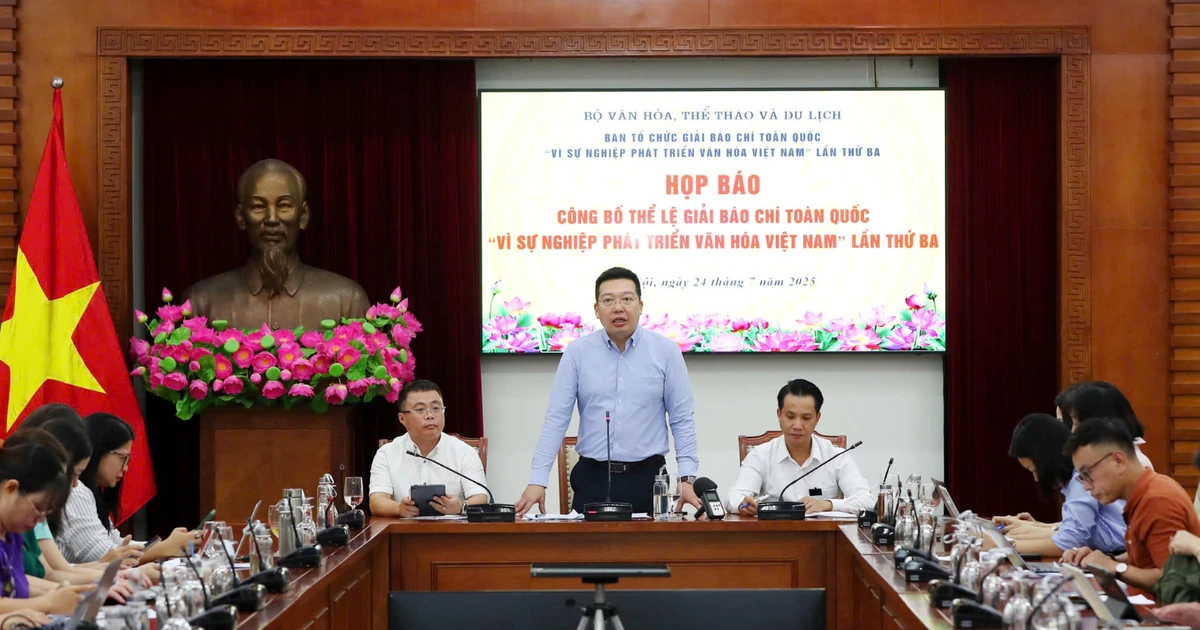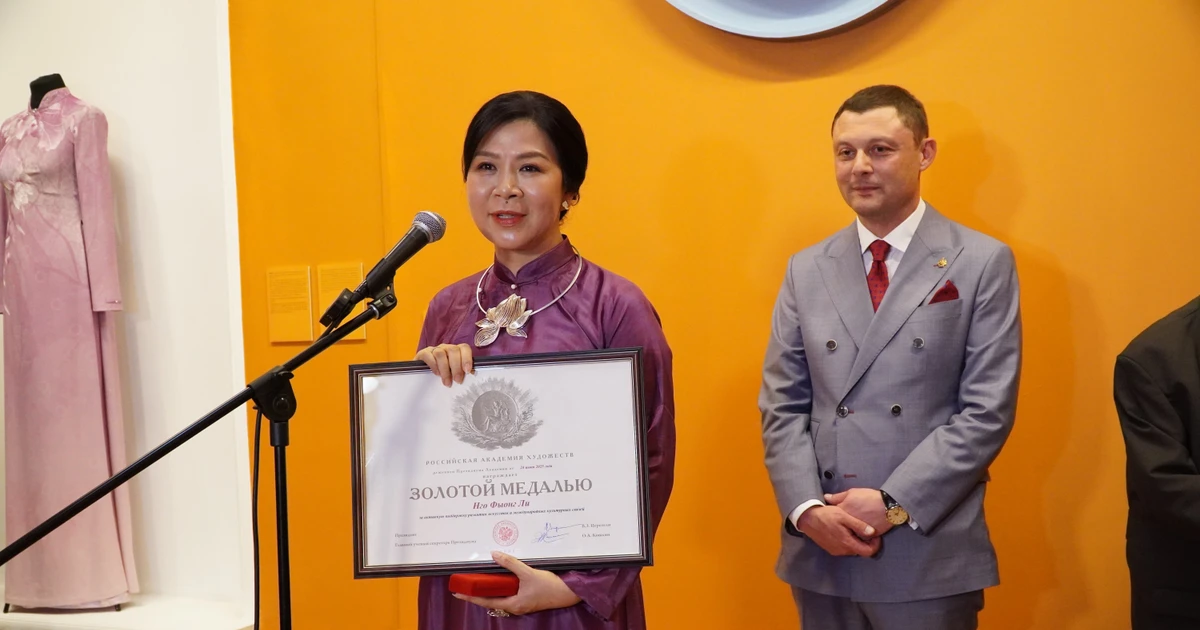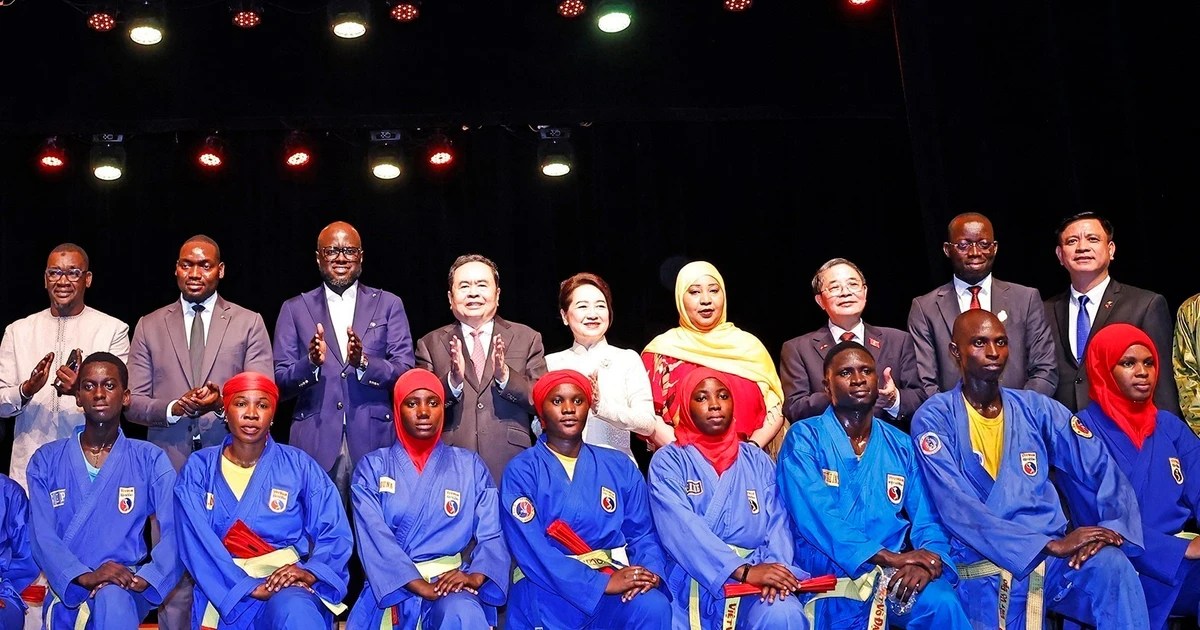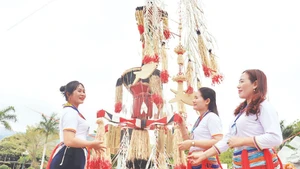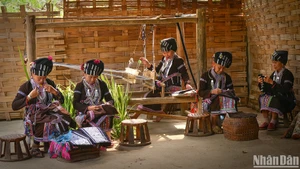Vietnamese people have always believed that the deceased have supernatural powers. Therefore, through burning ritual papers, the living not only show their deep gratitude to the gods and their relatives who had passed away but also wish to please them and ask for their blessing.
The Viet Khe boat tomb, a valuable artifact regarding this custom’s origin, is on display in a prominent location at the Vietnam Museum of History. The boat tomb is one of the featured burial forms of the Dong Son culture (1,000BC-100AD), giving precious evidence for studying the funerals of this culture and has been recognised as a national treasure.
The boat tomb has a large amount of inhumation utensils stored within it. All things used in fighting, production and living, such as swords, spears, daggers, axes, knives, jars, peaks, trays, lights and buttons, were buried along with the deceased.
It can be seen that burying the belongings of dead people was a custom of the ancient Vietnamese people. Therefore, many artifacts were made solely for the purpose of the funeral, with the mini bronze drum being a typical example.
Afterwards, paper objects gradually began to appear for worshiping the dead, instead of real things, as they were considered less costly and more civilised.
The custom of burning ritual papers for the deceased has been preserved so far. However, its form has changed to adapt to modern life. In the past, people went horseback riding, so the living burned paper horses. Today, the ritual papers burned on the death anniversary are motorbikes, bicycles, televisions, telephones, air-conditioners, money and clothes. The living hope that the dead ‘live’ happily in the afterlife.
Ritual papers are associated with traditional customs and the spiritual life. Therefore, the burning of ritual papers is developing strongly.
Well-off families can spend a lot of money, even millions of Vietnamese dong, to buy ritual papers to worship their gods and ancestors. Many people have said that they feel relieved when burning ritual papers for the gods and their deceased relatives.
In contrast, many others think that they only feel happy and peaceful if their relatives are still alive, not through burning ritual papers for the dead. Living with an inclination to perform good deeds and support disadvantaged people in society is also a way for many people to seek peace of mind and heart.
Essentially, in modern life, people should reconsider the burning of ritual papers in order to avoid wastefulness and environmental pollution.
